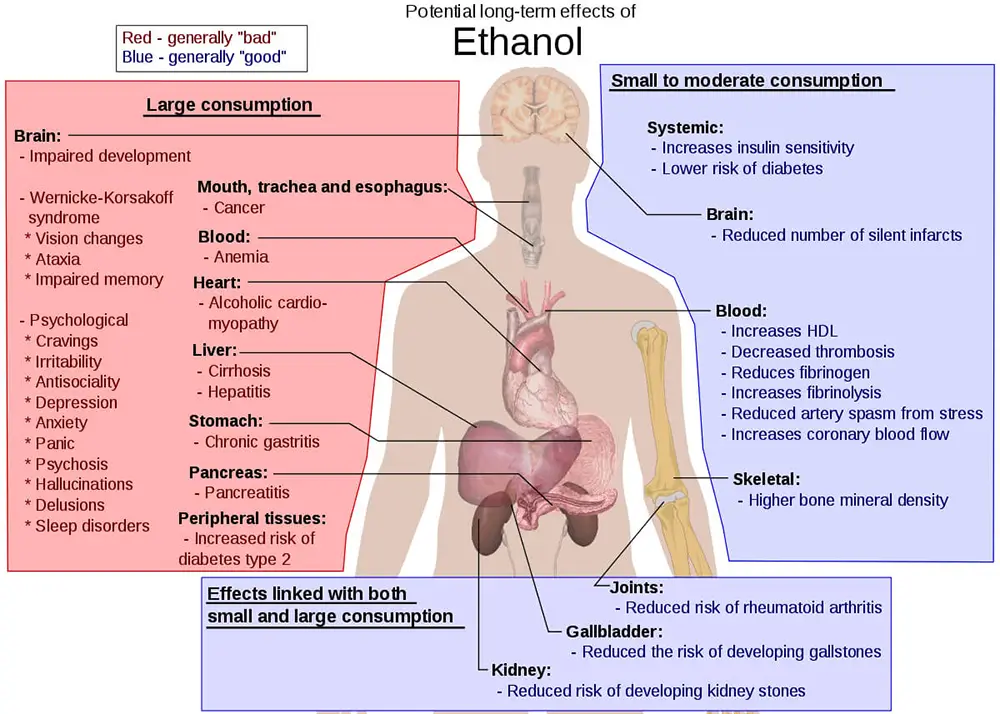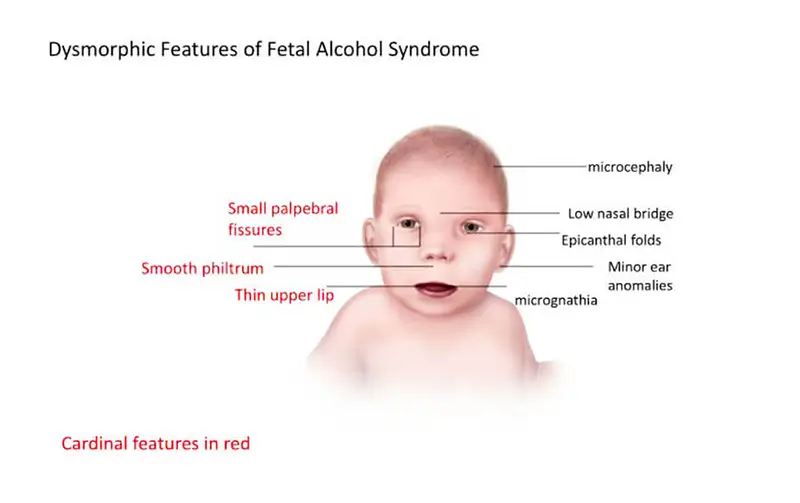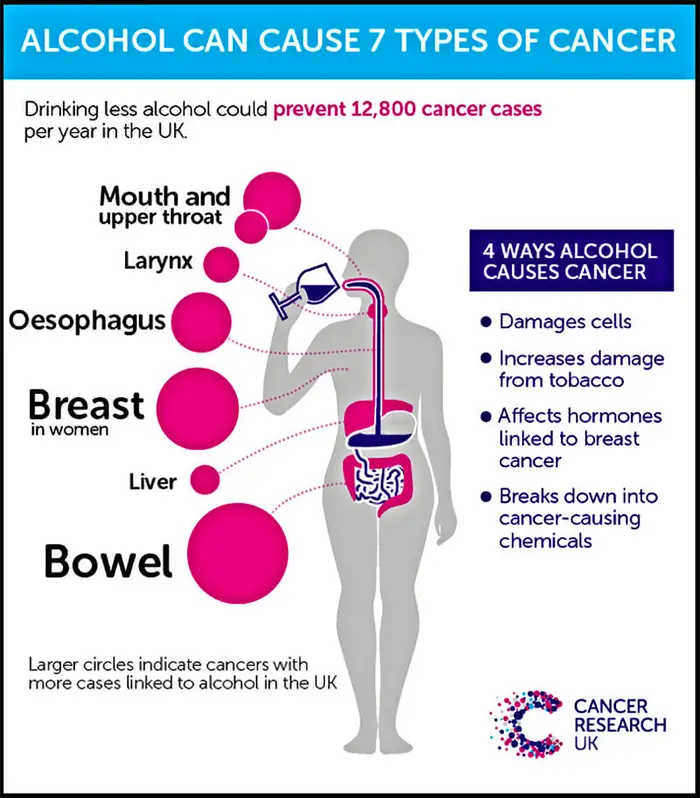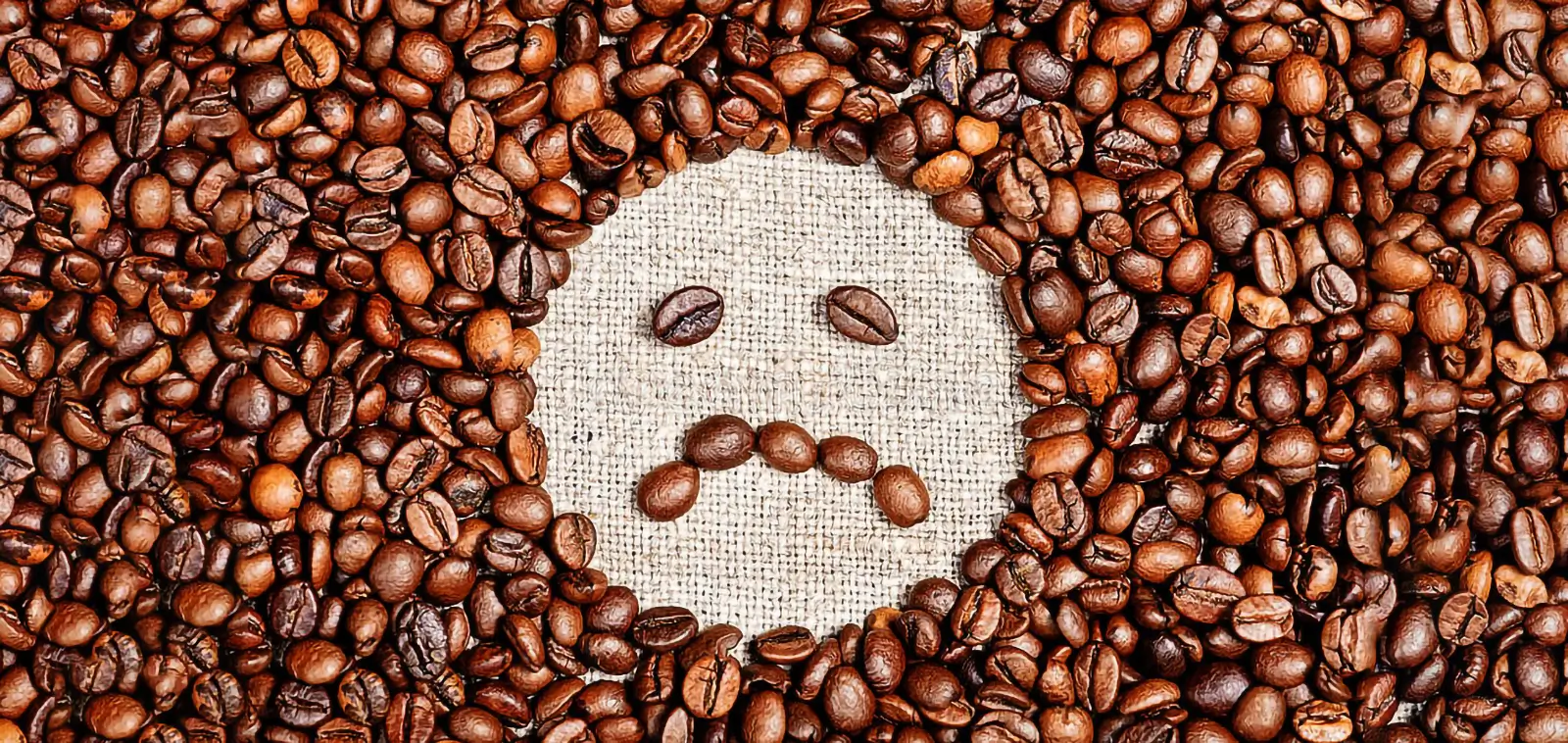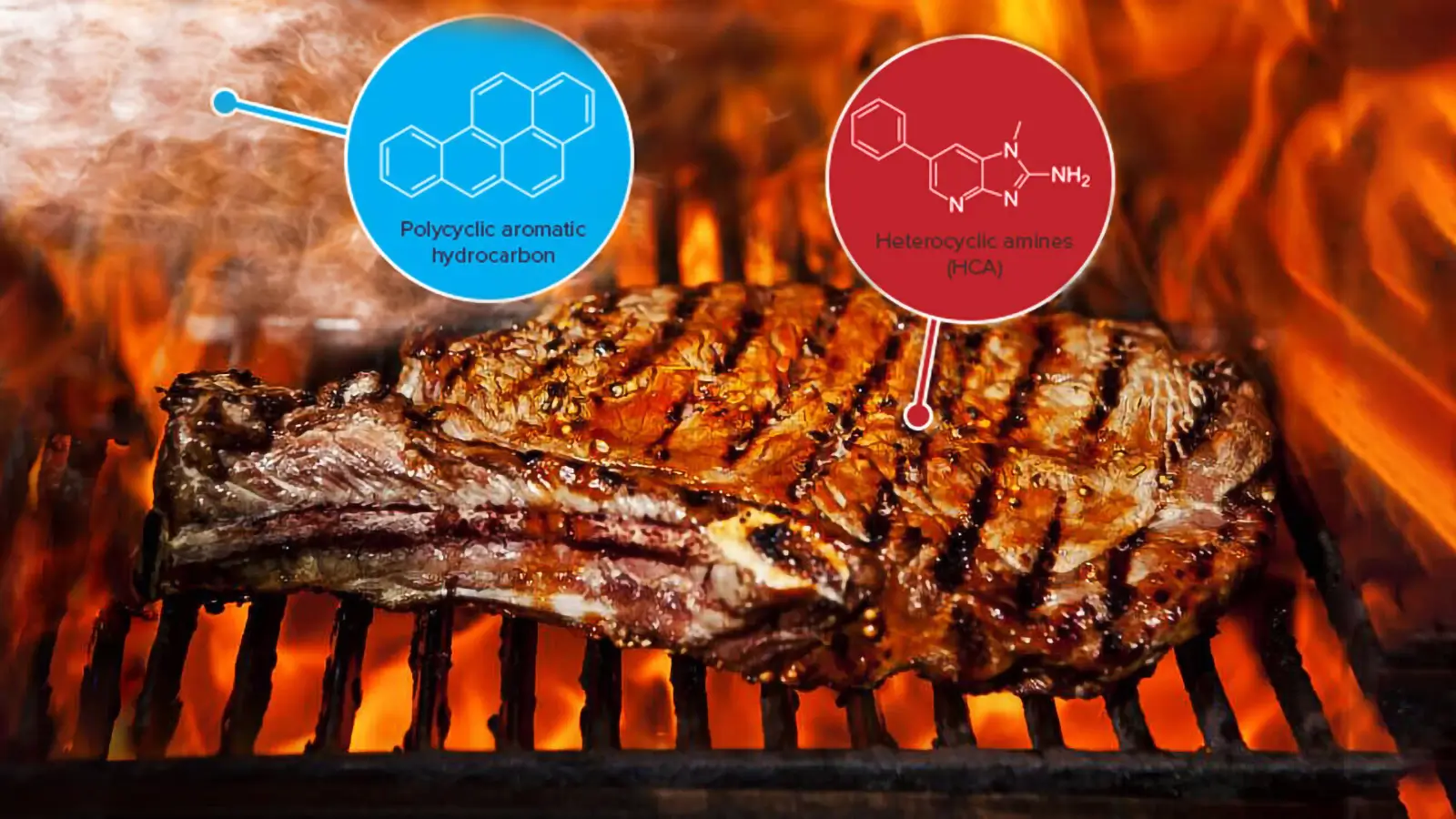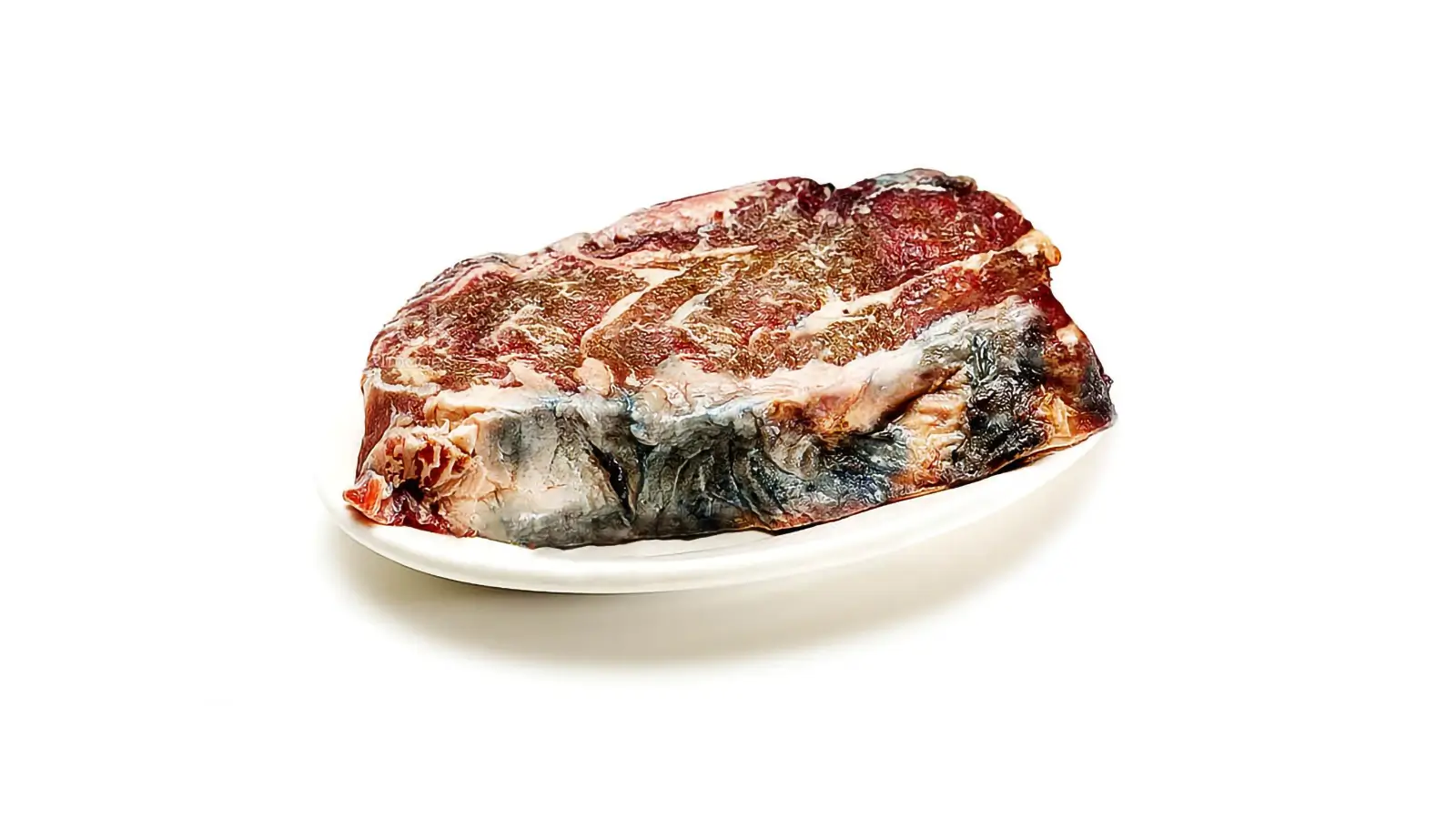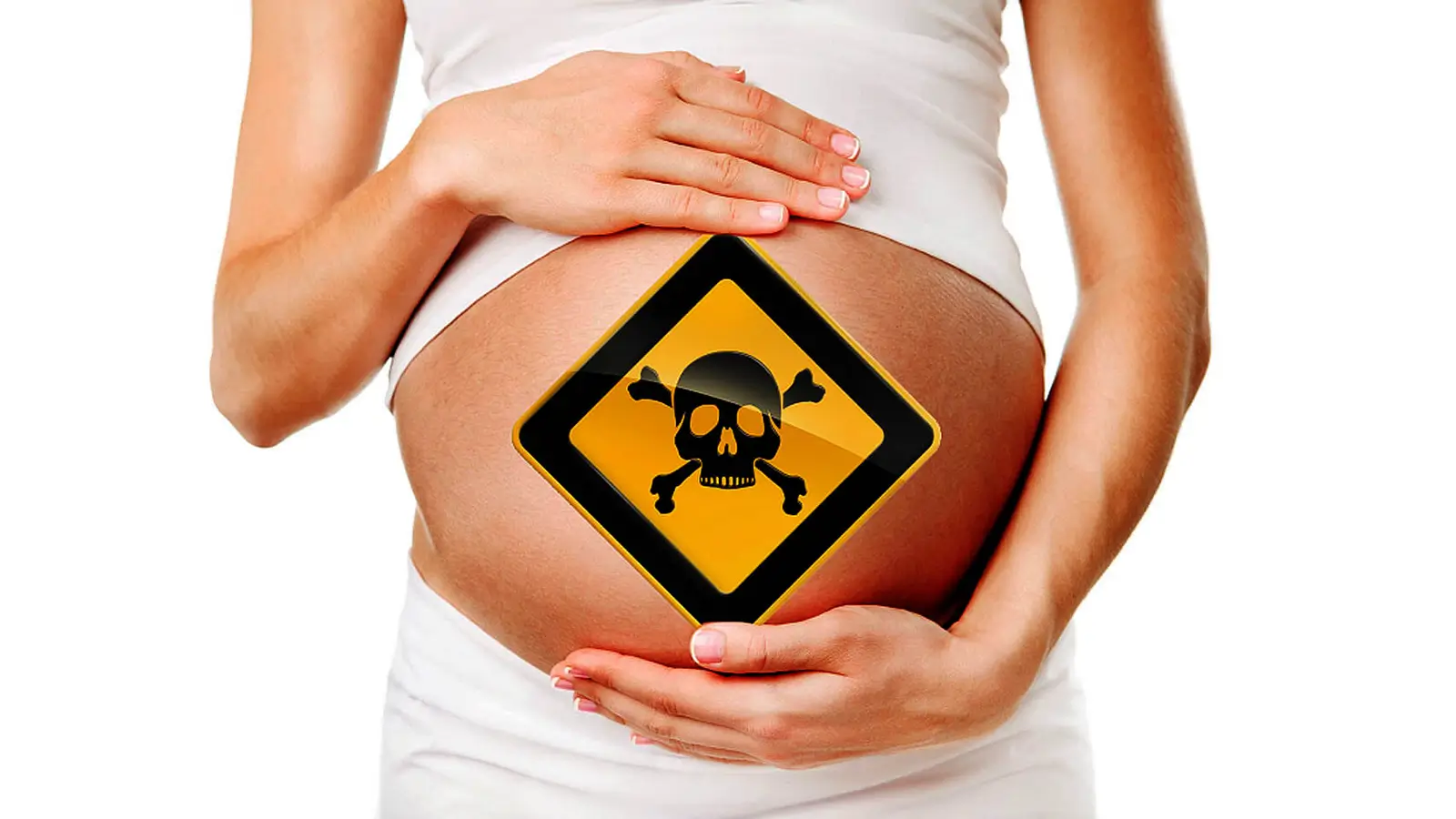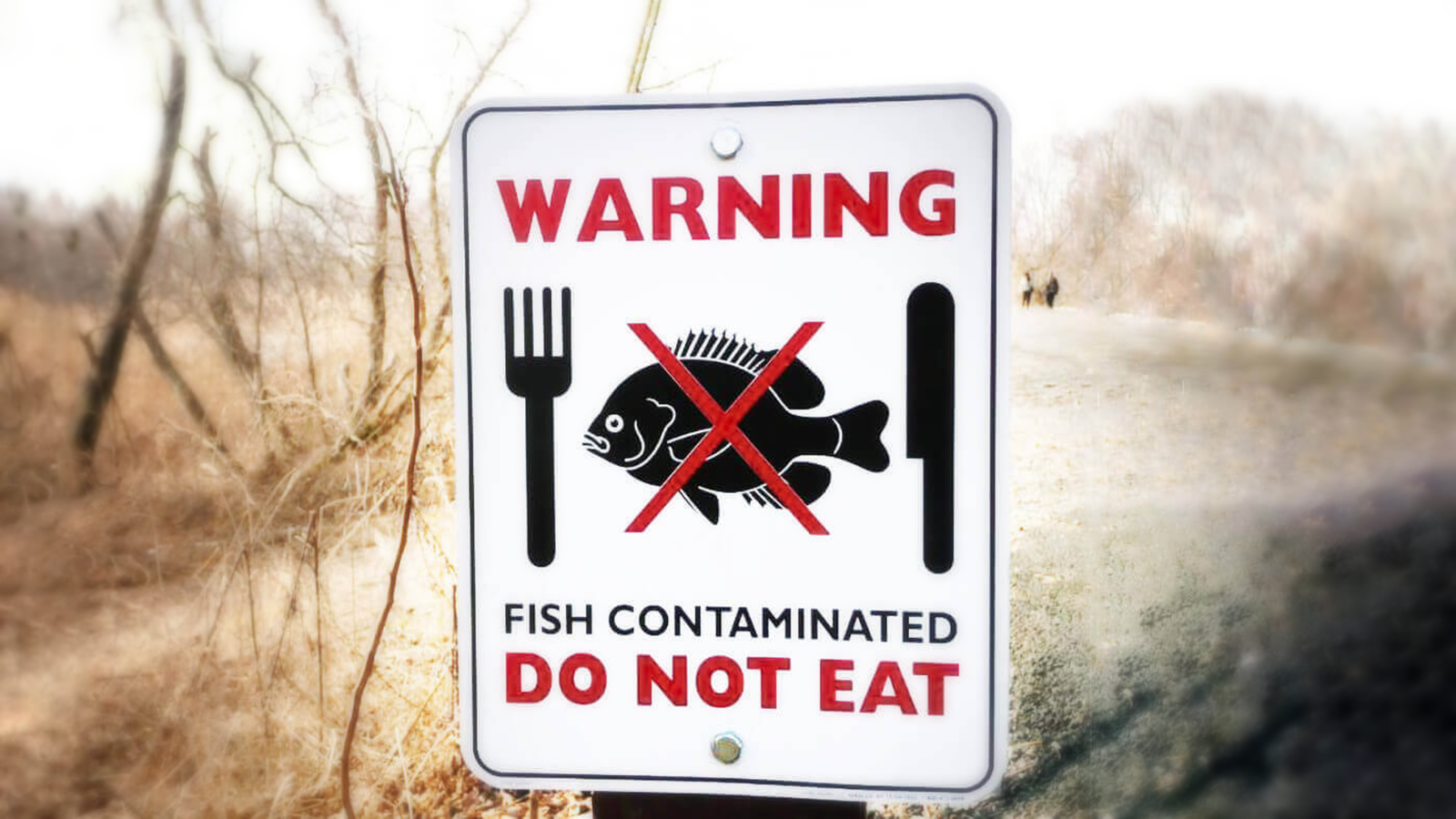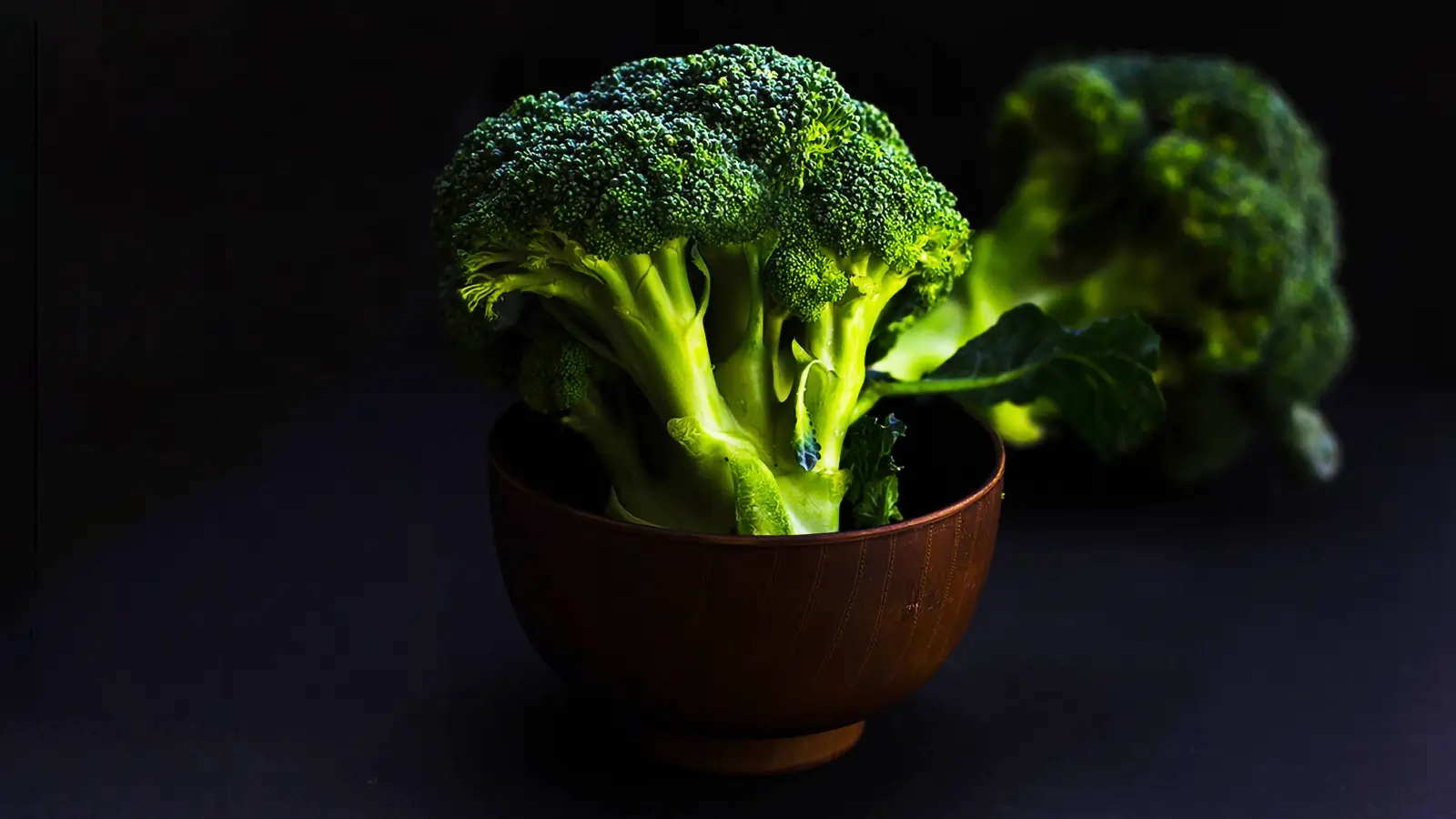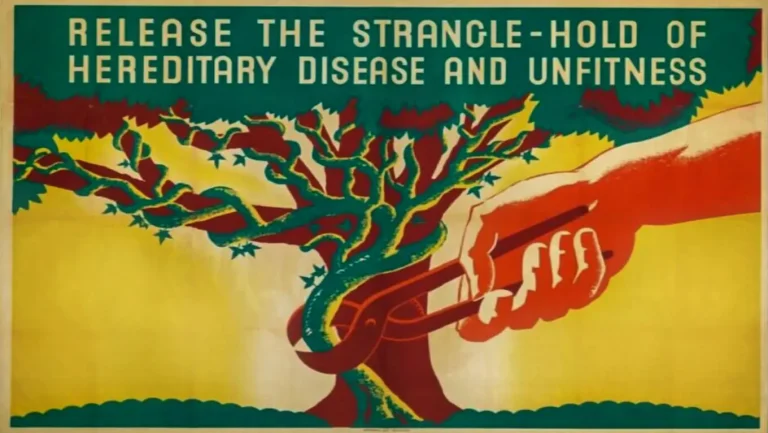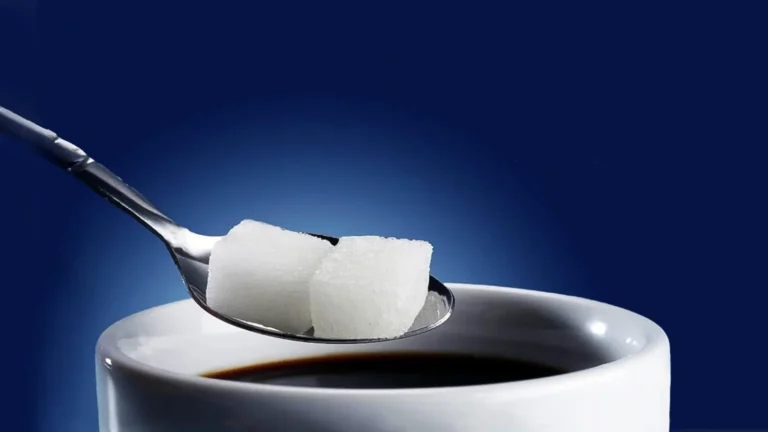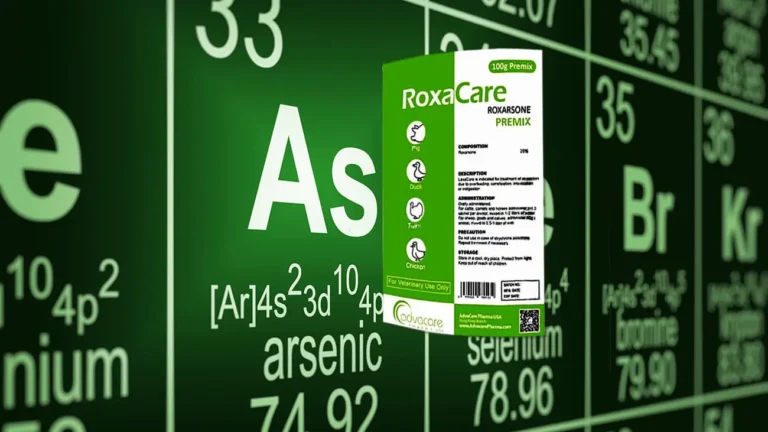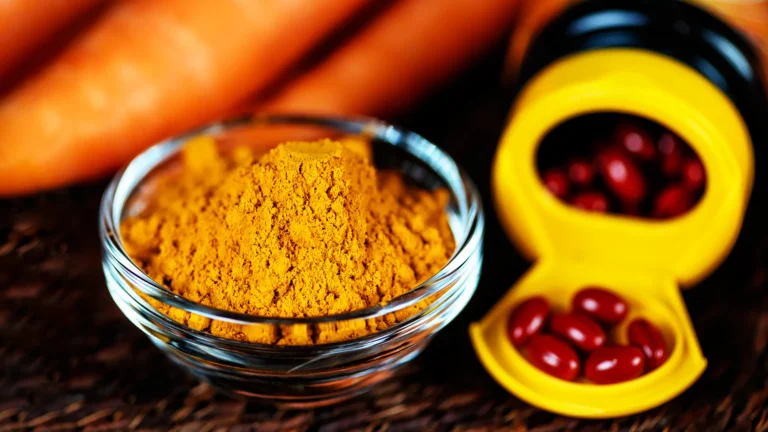Alcohol health risks- The “French paradox”, “the wine”, and “in moderation”
Somehow we believe that one glass of wine is not all that bad, or even worse, we believe in alcohol health-promoting myth because of the grape’s antioxidants.
Milos Pokimica
Written By: Milos Pokimica
Medically Reviewed by: Dr. Xiùying Wáng, M.D.
Updated June 9, 2023We all know that alcohol is a bad and toxic substance for us and that alcohol health risks are real. But somehow we all believe that one glass of wine is not all that bad and actually is good and somehow health-promoting because of all of its antioxidants from the grapes. A pregnant woman will avoid drinking alcohol because of fetal development but usually, people are just not aware that alcohol does much more than killing our brain cells. It is a genotoxic, cancerous, pro-inflammatory mutagen.
The developing fetus and adolescent brain are primarily vulnerable to the toxic effects of alcohol and this is the reason why it is absolutely forbidden in pregnancy. If the mother drinks during pregnancy that will have an adverse effect on fetal development. The most severe condition in this spectrum of diseases is known as fetal alcohol syndrome (FAS).
Alcohol is something as known as a teratogen, and that means that it prevents the cells from developing by blocking maternal and fetal enzymes.
“Alcohol can act as a teratogen through numerous methods including reactive oxygen species (generated as byproducts of CYP2E1), decreased endogenous antioxidant levels, mitochondrial damage, lipid peroxidation, disrupted neuronal cell-cell adhesion, placental vasoconstriction, and inhibition of cofactors required for fetal growth and development.”
(Gupta et al., 2016)
In healthy adults, alcohol restricts to some extent the production of vasopressin (ADH) (Harper et al., 2018). It is a hormone produced in the hypothalamus and is secreted from the posterior pituitary gland. Dehydration after alcohol consumption is a consequence of this restriction. This might be a reason for the hangover to a smaller extent. Hangover just by itself is not dehydration. You might try to prevent a hangover the morning after by consuming large amounts of fluid during binge drinking but that would not completely prevent the restriction of vasopressin and dehydration.
“Also, markers of dehydration (e.g., vasopressin) were not significantly related to hangover severity. Analyses showed that concentrations of various hormones, electrolytes, free fatty acids, triglycerides, lactate, ketone bodies, cortisol, and glucose were not significantly correlated with reported alcohol hangover severity. Some studies report a significant correlation between blood acetaldehyde concentration and hangover severity, but most convincing is the significant relationship between immune factors and hangover severity. The latter is supported by studies showing that hangover severity may be reduced by inhibitors of prostaglandin synthesis. Several factors do not cause alcohol hangovers but can aggravate their severity. These include sleep deprivation, smoking, congeners, health status, genetics, and individual differences.”
(Penning et al., 2010)
People who regularly drink more than one standard drink per day are at higher risk of long-term health conditions. Even if you do not feel the effect of the drink, you did yourself harm. And that is not all. Alcohol consumption releases excess GABA and dopamine. If too much of these neurotransmitters get released situation can change dramatically from feeling nice and relaxed to increased heart rate, shortness of breath, increased levels of both aggression and depression, high blood pressure, delusions, hallucinations, night terrors, spasms, and so on (Liang et al., 2014).
Excess drinking causes the liver to accumulate fat, which can lead to fatty liver disease especially if you are already obese.
“Alcoholic liver disease (ALD) is the most prevalent type of chronic liver disease worldwide. ALD can progress from alcoholic fatty liver (AFL) to alcoholic steatohepatitis (ASH), which is characterized by hepatic inflammation. Chronic ASH can eventually lead to fibrosis and cirrhosis and in some cases hepatocellular cancer (HCC). In addition, severe ASH (with or without cirrhosis) can lead to alcoholic hepatitis, which is an acute clinical presentation of ALD that is associated with liver failure and high mortality. Most individuals consuming >40 g of alcohol per day develop AFL; however, only a subset of individuals will develop more advanced disease.”
(Seitz et al., 2018)
All of these alcohol health risks are well known but what is not so known is that even just one drink a day may increase the person’s risk for breast cancer by 4% because alcohol has a pro-estrogenic influence on the cells. Cancers that are responsive to hormones will also have a positive response to substances that influence hormones like for instance breast cancer. The increase in the order of 4% is done just by one small alcoholic drink per day (Shield et al., 2016).
If you drink three or more drinks a day, then your breast cancer risk goes up by, imagine this 40-50 percent.
Around 5 percent of all breast cancers in the US are attributed just to alcohol consumption and around 1 to 2 percent to light drinks alone. Combine this with the pro-estrogenic effects of POPs and plastic and all other xenoestrogens.
Besides breast cancer, 3.6% of other types of cancers are caused directly by chronic alcohol drinking, and these include the liver, the colorectum, and of the upper digestive tract (Bagnardi et al., 2013).
The International Agency for Research on Cancer (IARC) official UN body under the WHO considers ethanol a carcinogen to humans (Group 1). Besides ethanol, alcoholic beverages are multicomponent mixtures that can be containing several different carcinogenic compounds, such as acetaldehyde, aflatoxins, and ethyl carbamate. Ethanol is considered the most important carcinogen in alcoholic beverages, but there are other carcinogenic compounds as well.
The biological mechanisms by which alcohol intake increases the risk of cancer are not fully understood, but the primary mechanisms are likely to include a genotoxic effect of acetaldehyde, the induction of cytochrome P450 2E1 and associated oxidative stress, increased estrogen concentration, a role as a solvent for tobacco carcinogens, changes in folate metabolism, and changes in DNA repair.
For cancers of the digestive tract, especially those of the upper digestive tract, acetaldehyde (a derivate from alcohol that creates itself almost instantly when you sip on an alcoholic beverage) has been highlighted as a likely and important causal pathway. That metabolite is so toxic it is terrible.
For colorectal cancer, in addition to the genotoxic effect of acetaldehyde, there may be the involvement of folate: alcohol may act through folate metabolism or synergistically with low folate intake. Bacteria in our mouths oxidase ethanol into acetaldehyde almost instantaneously. Even a single sip is enough to cause high concentrations of acetaldehyde even without drinking, there is still an effect for example if you use alcoholic mouthwash. In this study (Linderborg et al., 2011) they found that holding a single sip of a strong alcoholic beverage for 5 seconds in the mouth and then spitting it out formed carcinogenic concentrations of acetaldehyde in the oral cavity instantly and the exposure continued for at least 10 min. So even washing your mouth with it is cancer-promoting.
There is also more to booze than just cancer. Alcohol rises lipids in the blood and also blood pressure. That will increase the risk of raised cholesterol, hypertension, stroke, and heart attack. It causes cardiomyopathy, and myocarditis and it also causes arrhythmia.
However, wait red wine has long been considered the elixir of heart health. We can all remember the scam named French Paradox.

French paradox was a love affair for everyone. In 1980 some French scientists tried to explain the correlation between high fat intake, especially saturated one from lots of meat and dairy products with lower heart attack rates in France especially when compared with one in Britain for example. It was statistical proof that cholesterol and all of meat and eggs and cheese do not cause heart disease and even if they do we can just add some nice red wine after the meal and what more do you want. Red wine is some kind of superfood. However, correlation is not causation, and one factor that had been ignored was, and I will write it again was, the past tense, that the French diet was generally healthier than other nations at the time. They had been eating four times more vegetables than counterpart countries and it was a form of a semi-Mediterranean diet. However, it turned out to be no paradox at all. It turned out that French physicians underreport heart disease on death certificates as much as 20% according to WHO. If we correct that statistical error, then no benefit of wine. The only good thing in wine is the phytochemicals from grapes so if you want these, the better option will be just regular grape juice and the even better option will be to eat fresh grapes.
Some other studies support alcohol health risks correlated with heart disease connection. Low levels of alcohol consumption can raise levels of high-density lipoprotein (good cholesterol), and HDL. So they had the idea that moderate drinking protects against cardiovascular disease by raising HDL, which would make sense biologically if you already have razed levels of cholesterol. They need this kind of study to calm people down from time to time. Alternatively, we will stop eating animal products if we fear cholesterol. Also, some small amounts of alcohol consumption like a glass of wine a day had been found to have beneficial changes in factors that influence blood clotting, and that will mean fewer chances for thrombosis of any sort like blood clots in the brain, block arteries in the heart and so on. Blood clots are the most common kind of stroke. Booze is what chemists call amphiphilic. It interacts favorably with both polar and non-polar molecules same as any other amphiphilic substance like soaps and detergents. So if you add rubbing alcohol to grease, the alcohol starts mixing with it. It blends in by going in between the long fatty chains. It does the same thing in the bloodstream.
References:
- Gupta, K. K., Gupta, V. K., & Shirasaka, T. (2016). An Update on Fetal Alcohol Syndrome-Pathogenesis, Risks, and Treatment. Alcoholism, clinical and experimental research, 40(8), 1594–1602. https://doi.org/10.1111/acer.13135
- Caputo, C., Wood, E., & Jabbour, L. (2016). Impact of fetal alcohol exposure on body systems: A systematic review. Birth defects research. Part C, Embryo today : reviews, 108(2), 174–180. https://doi.org/10.1002/bdrc.21129
- Harper, K. M., Knapp, D. J., Criswell, H. E., & Breese, G. R. (2018). Vasopressin and alcohol: a multifaceted relationship. Psychopharmacology, 235(12), 3363–3379. https://doi.org/10.1007/s00213-018-5099-x
- Penning, R., van Nuland, M., Fliervoet, L. A., Olivier, B., & Verster, J. C. (2010). The pathology of alcohol hangover. Current drug abuse reviews, 3(2), 68–75. https://doi.org/10.2174/1874473711003020068
- Liang, J., & Olsen, R. W. (2014). Alcohol use disorders and current pharmacological therapies: the role of GABA(A) receptors. Acta pharmacologica Sinica, 35(8), 981–993. https://doi.org/10.1038/aps.2014.50
- Seitz, H. K., Bataller, R., Cortez-Pinto, H., Gao, B., Gual, A., Lackner, C., Mathurin, P., Mueller, S., Szabo, G., & Tsukamoto, H. (2018). Alcoholic liver disease. Nature reviews. Disease primers, 4(1), 16. https://doi.org/10.1038/s41572-018-0014-7
- Shield, K. D., Soerjomataram, I., & Rehm, J. (2016). Alcohol Use and Breast Cancer: A Critical Review. Alcoholism, clinical and experimental research, 40(6), 1166–1181. https://doi.org/10.1111/acer.13071
- Bagnardi, V., Rota, M., Botteri, E., Tramacere, I., Islami, F., Fedirko, V., Scotti, L., Jenab, M., Turati, F., Pasquali, E., Pelucchi, C., Bellocco, R., Negri, E., Corrao, G., Rehm, J., Boffetta, P., & La Vecchia, C. (2013). Light alcohol drinking and cancer: a meta-analysis. Annals of oncology : official journal of the European Society for Medical Oncology, 24(2), 301–308. https://doi.org/10.1093/annonc/mds337
- Linderborg, K., Salaspuro, M., & Väkeväinen, S. (2011). A single sip of a strong alcoholic beverage causes exposure to carcinogenic concentrations of acetaldehyde in the oral cavity. Food and chemical toxicology : an international journal published for the British Industrial Biological Research Association, 49(9), 2103–2106. https://doi.org/10.1016/j.fct.2011.05.024
- Criqui, M. H., & Ringel, B. L. (1994). Does diet or alcohol explain the French paradox?. Lancet (London, England), 344(8939-8940), 1719–1723. https://doi.org/10.1016/s0140-6736(94)92883-5
- Law, M., & Wald, N. (1999). Why heart disease mortality is low in France: the time lag explanation. BMJ (Clinical research ed.), 318(7196), 1471–1476. https://doi.org/10.1136/bmj.318.7196.1471
- Ferrières J. (2004). The French paradox: lessons for other countries. Heart (British Cardiac Society), 90(1), 107–111. https://doi.org/10.1136/heart.90.1.107
Related Posts
Do you have any questions about nutrition and health?
I would love to hear from you and answer them in my next post. I appreciate your input and opinion and I look forward to hearing from you soon. I also invite you to follow us on Facebook, Instagram, and Pinterest for more diet, nutrition, and health content. You can leave a comment there and connect with other health enthusiasts, share your tips and experiences, and get support and encouragement from our team and community.
I hope that this post was informative and enjoyable for you and that you are prepared to apply the insights you learned. If you found this post helpful, please share it with your friends and family who might also benefit from it. You never know who might need some guidance and support on their health journey.
– You Might Also Like –

Learn About Nutrition
Milos Pokimica is a doctor of natural medicine, clinical nutritionist, medical health and nutrition writer, and nutritional science advisor. Author of the book series Go Vegan? Review of Science, he also operates the natural health website GoVeganWay.com
Medical Disclaimer
GoVeganWay.com brings you reviews of the latest nutrition and health-related research. The information provided represents the personal opinion of the author and is not intended nor implied to be a substitute for professional medical advice, diagnosis, or treatment. The information provided is for informational purposes only and is not intended to serve as a substitute for the consultation, diagnosis, and/or medical treatment of a qualified physician or healthcare provider.NEVER DISREGARD PROFESSIONAL MEDICAL ADVICE OR DELAY SEEKING MEDICAL TREATMENT BECAUSE OF SOMETHING YOU HAVE READ ON OR ACCESSED THROUGH GoVeganWay.com
NEVER APPLY ANY LIFESTYLE CHANGES OR ANY CHANGES AT ALL AS A CONSEQUENCE OF SOMETHING YOU HAVE READ IN GoVeganWay.com BEFORE CONSULTING LICENCED MEDICAL PRACTITIONER.
In the event of a medical emergency, call a doctor or 911 immediately. GoVeganWay.com does not recommend or endorse any specific groups, organizations, tests, physicians, products, procedures, opinions, or other information that may be mentioned inside.
Editor Picks –
Milos Pokimica is a doctor of natural medicine, clinical nutritionist, medical health and nutrition writer, and nutritional science advisor. Author of the book series Go Vegan? Review of Science, he also operates the natural health website GoVeganWay.com
Latest Articles –
Plant Based News
-
Oven-Roasted Squash And Tomato Dhal
on June 15, 2025
-
‘I Tried TikTok’s Viral Vegan High-Protein Breakfasts’
on June 14, 2025
-
Epic Veggie Sandwich
on June 14, 2025
-
Vegan Cinnamon Slice
on June 13, 2025
-
The Secret To Vegan Meal Prep That Actually Works
on June 13, 2025
-
One-Dish Chickpea ‘Tuna’ Salad
on June 12, 2025
-
How To Build A Healthy Plant-Based Meal Plan That Lasts
on June 12, 2025
Top Health News — ScienceDaily
- CRISPR-edited stem cells reveal hidden causes of autismon June 14, 2025
A team at Kobe University has created a game-changing resource for autism research: 63 mouse embryonic stem cell lines, each carrying a genetic mutation strongly associated with the disorder. By pairing classic stem cell manipulation with precise CRISPR gene editing, they ve built a standardized platform that mirrors autism-linked genetic conditions in mice. These models not only replicate autism-related traits but also expose key dysfunctions, like the brain s inability to clean up faulty […]
- Space-laser AI maps forest carbon in minutes—a game-changer for climate scienceon June 14, 2025
A pioneering study reveals how archaeologists’ satellite tools can be repurposed to tackle climate change. By using AI and satellite LiDAR imagery from NASA and ESA, researchers have found a faster, more accurate way to map forest biomass critical for tracking carbon. This innovative fusion of space tech and machine learning could revolutionize how we manage and preserve forests in a warming world.
- Brain food fight: Rutgers maps the hidden switch that turns cravings on and offon June 14, 2025
Rutgers scientists have uncovered a tug-of-war inside the brain between hunger and satiety, revealing two newly mapped neural circuits that battle over when to eat and when to stop. These findings offer an unprecedented glimpse into how hormones and brain signals interact, with implications for fine-tuning today’s weight-loss drugs like Ozempic.
- Sugar shield restored: The breakthrough reversing brain aging and memory losson June 13, 2025
A protective sugar coating on brain blood vessels, once thought to be insignificant, turns out to play a vital role in preventing cognitive decline. Restoring this layer reversed damage and memory loss in aging brains, offering a fresh approach to treating neurodegenerative diseases.
- Invisible ID: How a single breath could reveal your health—and your identityon June 13, 2025
Scientists have discovered that your breathing pattern is as unique as a fingerprint and it may reveal more than just your identity. Using a 24-hour wearable device, researchers achieved nearly 97% accuracy in identifying people based solely on how they breathe through their nose. Even more intriguingly, these respiratory signatures correlated with traits like anxiety levels, sleep cycles, and body mass index. The findings suggest that breathing isn t just a passive process it might actively […]
- Sleep-in science: How 2 extra weekend hours can calm teen anxietyon June 13, 2025
Teens might finally have a good reason to sleep in on weekends within limits. A new study reveals that teenagers who get up to two extra hours of sleep on weekends show fewer anxiety symptoms than those who don t. But go beyond that sweet spot, and symptoms can actually increase.
- Johns Hopkins blood test detects tumor dna three years earlyon June 13, 2025
Researchers at Johns Hopkins found that fragments of tumor DNA can appear in the bloodstream up to three years before a cancer diagnosis, offering a potentially revolutionary window for early detection and treatment.
PubMed, #vegan-diet –
- Protein Intake and Protein Quality Patterns in New Zealand Vegan Diets: An Observational Analysis Using Dynamic Time Warpingon June 13, 2025
Background/Objectives: Inadequate intake of indispensable amino acids (IAAs) is a significant challenge in vegan diets. Since IAAs are not produced or stored over long durations in the human body, regular and balanced dietary protein consumption throughout the day is essential for metabolic function. The objective of this study is to investigate the variation in protein and IAA intake across 24 h among New Zealand vegans with time-series clustering, using Dynamic Time Warping (DTW). Methods:…
- Diet and nutrition in cardiovascular disease prevention: a scientific statement of the European Association of Preventive Cardiology and the Association of Cardiovascular Nursing & Allied Professions…on June 12, 2025
What we eat is a cornerstone of cardiovascular disease (CVD) prevention, but health professionals may not have a clear understanding of the current evidence-based research to underpin eating habits and recommendations. This study aims to appraise existing evidence-based research on the importance of diet on CVD risk biomarkers, specifically, the effects of dietary patterns, specific foods, and constituents including vitamins/minerals and plant-derived bioactive compounds on CVD risk. […]
- Synergistic Effects of Steam Impinged Microwave-Vacuum Blanching on the Textural Behavior of Vegan Pattieson June 11, 2025
The present study was carried out to understand the effect of the process variables of the combined microwave-vacuum-steam blanching process on the textural behavior of vegan patties. This novel blanching technique was systematically evaluated to optimize parameters, including microwave power density (3.8 W/g), steam duration (3 s), pea-to-potato mash ratio (0.252), patty thickness (0.866 cm), and microwave irradiation time (133 s). Fourier transform infrared (FTIR) spectroscopy was employed […]
- Plant-based diet and risk of osteoporosis: A systematic review and meta-analysison June 10, 2025
CONCLUSIONS: This systematic review and meta-analysis indicate that adherence to plant-based diet may be associated with an elevated risk of osteoporosis, particularly at the lumbar spine, among individuals following a vegan diet or following a plant-based diet for ≥10 y. However, the heterogeneity observed across studies highlights the need for well-designed prospective studies in future, to clarify this relationship.
- Plant-based diets for sustainability and health – but are we ignoring vital micronutrients?on June 9, 2025
Plant-based diets, with limited quantities of animal foods, are increasingly promoted for sustainability and health. In many countries, animal-source foods provide the majority of several micronutrients at a population level; in the UK, milk and dairy products contribute around one third of total calcium, vitamin B(12) and iodine intake in adults. Recommendations for a predominantly plant-based diet may have the unintended consequence of reducing intake of micronutrients, particularly in […]
Random Posts –
Featured Posts –

Latest from PubMed, #plant-based diet –
- Quantifying the Environmental Human Health Burden of Food Demand in Spain: A Life Cycle Assessment Studyby Ujué Fresán on June 15, 2025
The negative impacts of current dietary patterns in Spain on both human health and the environment are well documented. While the strong connection between environmental degradation and human health is widely recognized, no studies have evaluated how environmental disruption generated specifically by Spain’s food systems translates into health outcomes. To address this gap, this study quantifies the human health burden linked to the environmental impacts of Spain’s food demand, assessing the…
- Integrating genetics and lifestyles for precision nutrition in hypertriglyceridemia: A UK Biobank and KoGES analysisby Haeng Jeon Hur on June 14, 2025
CONCLUSION: Similar genetic variants affected high-TG risk across populations despite ethnic differences in risk allele frequencies. The identified PRS significantly interacted with plant-based diet, alcohol consumption, and smoking status in both cohorts, with additional interactions observed with vitamin D intake and glycemic index in the Korean cohort.
- Validity and reliability of the Turkish version of the chrono-med diet score (CMDS) for adult participantsby Tevfik Koçak on June 14, 2025
CONCLUSIONS: Our assessments of the CMDS, consisting of 13 items, in Türkiye demonstrate that it is a viable and reliable instrument to measure adherence to the Mediterranean diet for the adult population. The CMDS is more accurate than other Mediterranean diet scores as it questions about the amount of physical activity and grain products, which helps determine each participant’s eating patterns and general health.
- Adherence to the Planetary Health Diet and Its Association with Diet Quality and Environmental Outcomes in Croatian University Students: A Cross-Sectional Studyby Gordana Kenđel Jovanović on June 13, 2025
CONCLUSIONS: This study highlights the moderate sustainability of students’ diets, with significant associations between diet quality and environmental impacts. University settings present key opportunities for the promotion of sustainable, health-oriented eating behaviors among young adults.
- Diet in Knee Osteoarthritis-Myths and Factsby Natalia Kasprzyk on June 13, 2025
Knee osteoarthritis (OA) is a common degenerative joint disease affecting global health. Its increasing prevalence, particularly among aging populations, remains a leading cause of disability. Besides conventional pharmacological and surgical treatments, dietary interventions are promising strategies to alleviate OA symptoms and progression. Unfortunately, scientific evidence does not support many commonly used, misleading ideas about nutrition in knee OA. Recent data highlight the […]
- Dietary Interventions and Oral Nutritional Supplementation in Inflammatory Bowel Disease: Current Evidence and Future Directionsby Brigida Barberio on June 13, 2025
CONCLUSIONS: Dietary interventions and ONS represent valuable therapeutic tools in IBD management. Future research should prioritize standardized, well-powered clinical trials and personalized nutritional approaches to better define their role within integrated care pathways.
